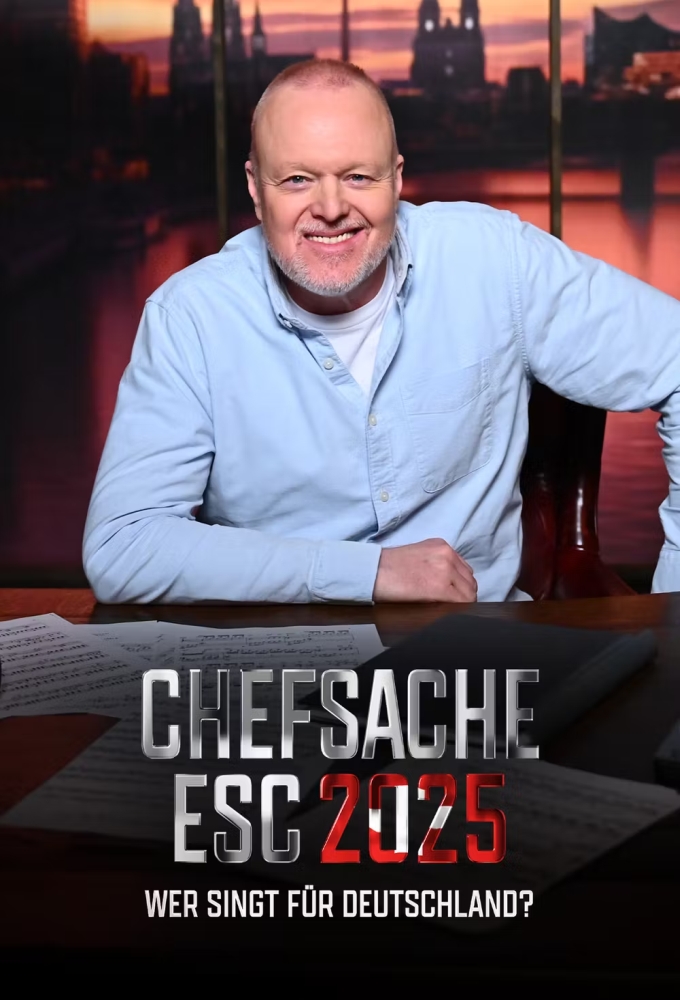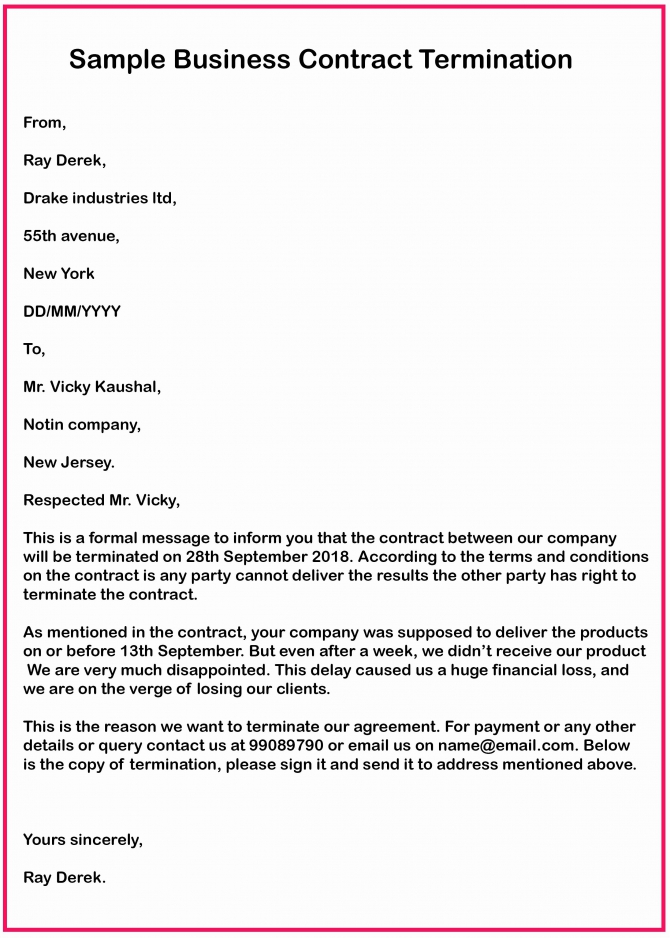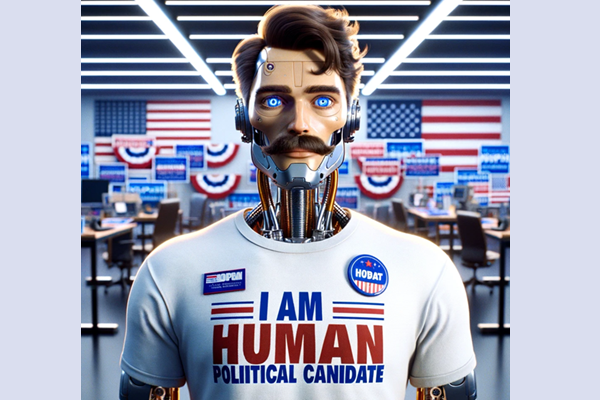FTC's Appeal Against Microsoft's Activision Blizzard Buyout

Table of Contents
The FTC's Antitrust Concerns
The FTC's primary concern revolves around the potential for Microsoft to stifle competition and gain undue market dominance following the Activision Blizzard acquisition. The acquisition would grant Microsoft control over immensely popular franchises like Call of Duty, World of Warcraft, and Candy Crush, significantly bolstering its already powerful Xbox gaming ecosystem. This raises serious questions about fair competition, especially in the console market dominated by Xbox and PlayStation.
The FTC argues that Microsoft could leverage these acquired titles to gain an unfair advantage. For example, making Call of Duty an Xbox exclusive, or offering it on PlayStation but with inferior features or later release dates, could significantly harm Sony's PlayStation market share. This anti-competitive behavior, the FTC claims, would ultimately harm consumers through reduced choice, higher prices, and ultimately, less innovation.
- Loss of competition in the gaming market: The merger could create a near-monopoly in several key gaming segments.
- Potential for higher prices for gamers: Reduced competition often leads to increased prices for consumers.
- Reduced innovation due to lack of competition: A less competitive market can stifle innovation and result in fewer choices for gamers.
- Microsoft's potential for anti-competitive practices: The FTC fears Microsoft could use its market power to harm competitors and limit consumer choice.
Microsoft's Defense Strategy
Microsoft, in its defense, strongly refutes the FTC's claims. The company has consistently stated its commitment to keeping Call of Duty available on PlayStation, arguing that doing so is crucial for maintaining its market position and appealing to the largest possible player base. Microsoft emphasizes its investment in gaming innovation and argues that the acquisition would ultimately benefit gamers by expanding game offerings and accelerating the development of new technologies.
Microsoft's defense hinges on the argument that the gaming market is highly competitive and dynamic, with multiple strong players vying for market share. They contend that their market share remains relatively small and that the acquisition would not result in substantial market dominance.
- Maintaining Call of Duty on PlayStation: This is a central point in Microsoft's defense strategy.
- Investment in gaming innovation: Microsoft points to its continued investments in game development and technology.
- Arguments against market dominance: Microsoft highlights the competitiveness of the gaming landscape.
- Claims of benefit to gamers: The company asserts that the acquisition will bring significant benefits to players.
The Appeal Process and Potential Outcomes
The FTC's appeal involves a complex legal process, potentially leading to a lengthy legal battle. The outcome could be one of three possibilities: the FTC might succeed in blocking the merger entirely, the deal might be approved as is, or the court might mandate modifications to the deal before approval. The timeline for the appeal process is uncertain, but it's expected to take several months, if not longer.
This legal battle has profound implications beyond the Microsoft-Activision Blizzard deal. The court's decision will set a significant precedent for future mergers and acquisitions in the tech industry, particularly within the gaming sector.
- Timeline for the appeal: The duration of the legal proceedings remains uncertain.
- Potential for settlement: Both parties could reach a settlement outside of court.
- Impact of the decision on the gaming industry: The outcome will significantly shape the future of the gaming industry.
- Implications for future mergers and acquisitions in the tech sector: The case sets a precedent for future regulatory scrutiny of tech mergers.
Impact on Gamers and the Gaming Industry
The outcome of the FTC's appeal will undoubtedly have a significant impact on gamers and the gaming industry as a whole. Potential outcomes range from increased game prices due to reduced competition to alterations in game availability across different platforms. The potential for decreased innovation and a less diverse gaming landscape is also a significant concern.
- Potential price increases for games: Reduced competition could lead to higher prices for games.
- Changes to game availability across different platforms: Exclusive titles or limited availability on certain platforms could impact gamers.
- Impact on game development and innovation: The merger's impact on game development and innovation remains to be seen.
Conclusion: The Future of the FTC's Activision Blizzard Case
The FTC's appeal against Microsoft's Activision Blizzard buyout presents a pivotal moment for antitrust regulation in the tech industry. The arguments presented by both sides highlight the complexities of balancing innovation and competition in a rapidly evolving market. The court's decision will have far-reaching consequences, shaping not only the future of the gaming industry but also influencing how future mergers and acquisitions in the tech sector are regulated. To stay informed about the latest developments in this landmark case regarding the Microsoft Activision Blizzard acquisition, follow the FTC's appeal against Microsoft's Activision Blizzard buyout and keep an eye on reputable news sources covering the ongoing legal proceedings.

Featured Posts
-
 Sieben Im Rennen Halbfinale Chefsache Fuer Den Esc 2025 In Deutschland Entschieden
May 04, 2025
Sieben Im Rennen Halbfinale Chefsache Fuer Den Esc 2025 In Deutschland Entschieden
May 04, 2025 -
 Britains Got Talent Semi Final Fix Claims Spark Fan Fury
May 04, 2025
Britains Got Talent Semi Final Fix Claims Spark Fan Fury
May 04, 2025 -
 Oil Prices Surge Airlines Face A Turbulent Future
May 04, 2025
Oil Prices Surge Airlines Face A Turbulent Future
May 04, 2025 -
 Dispute Between Corinthians And Fred Luzs Consulting Firm Contract Termination Sought
May 04, 2025
Dispute Between Corinthians And Fred Luzs Consulting Firm Contract Termination Sought
May 04, 2025 -
 Open Ai Simplifies Voice Assistant Development At 2024 Event
May 04, 2025
Open Ai Simplifies Voice Assistant Development At 2024 Event
May 04, 2025
